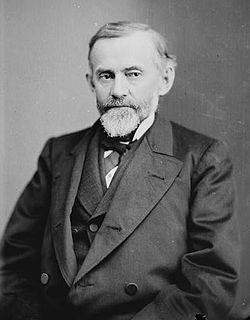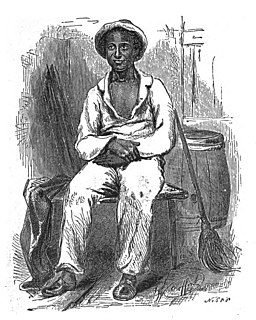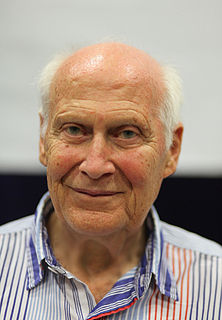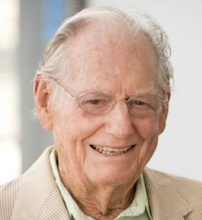A Quote by Lawrence G. Lovasik
If you feel an aversion to a person--that is, an unexplainable feeling of dislike or distaste for him--it is the most dangerous time for a proper opinion of him, his character, or his actions. Any judgment you pass upon him at such a time is bound to be unfair.
Related Quotes
Why prove to a man he is wrong? Is that going to make him like you? Why not let him save face? He didn't ask for your opinion. He didn't want it. Why argue with him? You can't win an argument, because if you lose, you lose it; and if you win it, you lose it. Why? You will feel fine. But what about him? You have made him feel inferior, you hurt his pride, insult his intelligence, his judgment, and his self-respect, and he'll resent your triumph. That will make him strike back, but it will never make him want to change his mind. A man convinced against his will is of the same opinion still.
Some souls think that the Holy Spirit is very far away, far, far, up above. Actually he is, we might say, the divine Person who is most closely present to the creature. He accompanies him everywhere. He penetrates him with himself. He calls him, he protects him. He makes of him his living temple. He defends him. He helps him. He guards him from all his enemies. He is closer to him than his own soul. All the good a soul accomplishes, it carries out under his inspiration, in his light, by his grace and his help.
It is of dangerous consequence to represent to man how near he is to the level of beasts, without showing him at the same time his greatness. It is likewise dangerous to let him see his greatness without his meanness. It is more dangerous yet to leave him ignorant of either; but very beneficial that he should be made sensible of both.
At such times, the heart of man turns instictively towards his Maker. In prosperity, and whenever there is nothing to injure or make him afraid, he remembers Him not, and is ready to defy Him; but place him in the midst of dangers, cut him off from human aid, let the grave open before him, then it is, in the time of his tribulation, that the scoffer and unbelieving man turns to God for help, feeling there is no other hope, or refuge, or safety, save in his protecting arm.
It is not indeed certain, that the most refined caution will find a proper time for bringing a man to the knowledge of his own failing, or the most zealous benevolence reconcile him to that judgment by which they are detected; but he who endeavours only the happiness of him whom he reproves will always have either the satisfaction of obtaining or deserving kindness; if he succeeds, he benefits his friend; and if he fails, he has at least the consciousness that he suffers for only doing well.
When the family has been brought into its natural order, the individual can leave it behind him while still feeling the strength of his family supporting him. Only when the connection to his family is acknowledged, and the person's responsibility seen clearly and then distributed, can the individual feel unburdened and go about his personal affairs without anything from the past weighing him down or holding him back.
I tried to reassure him with every line about how the world is hard and unfair sometimes, but that it's all OK because he is so loved. He is surrounded by souls who would do anything to help him. And not only that--he has wisdom and patience of his own, buried deep inside his being, which will only reveal themselves over time and will always carry him through any trial. He is a gift from God to all of us.
We say, then, to anyone who is under trial, give Him time to steep the soul in His eternal truth. Go into the open air, look up into the depths of the sky, or out upon the wideness of the sea, or on the strength of the hills that is His also; or, if bound in the body, go forth in the spirit; spirit is not bound. Give Him time and, as surely as dawn follows night, there will break upon the heart a sense of certainty that cannot be shaken.
The mockery made him feel an outsider; and feeling an outsider he behaved like one, which increased the prejudice against him and intensified the contempt and hostility aroused by his physical defects. Which in turn increased his sense of being alien and alone. A chronic fear of being slighted made him avoid his equals, made him stand, where his inferiors were concerned, self-consciously on his dignity.
In the Small group the individual can know the effects of his actions on his several fellows, and the rules may effectively forbid him to harm them in any manner and even require him to assist them in specific ways. In the Great Society many of the effects of a person's actions on various fellows must be unknown to him. It can, therefore, not be the specific effects in the particular case, but only rules which define kinds of actions prohibited or required, which must serve as guides to the individual.






































